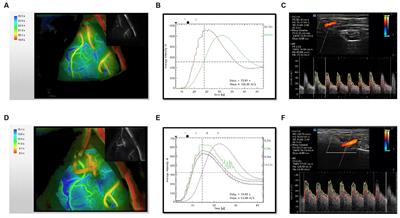EDITORIAL
Published on 29 Nov 2024
Editorial: Advances in chronic ischemic cerebrovascular disease: diagnosis and management
doi 10.3389/fneur.2024.1440175
- 491 views
2,277
Total downloads
9,226
Total views and downloads
Select the journal/section where you want your idea to be submitted:
EDITORIAL
Published on 29 Nov 2024
REVIEW
Published on 28 Mar 2024
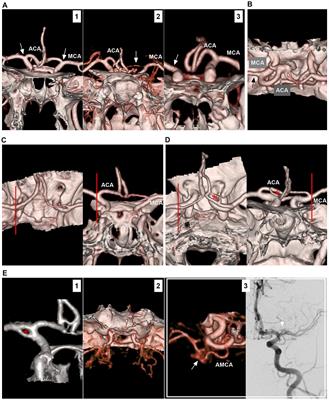
ORIGINAL RESEARCH
Published on 01 Mar 2024
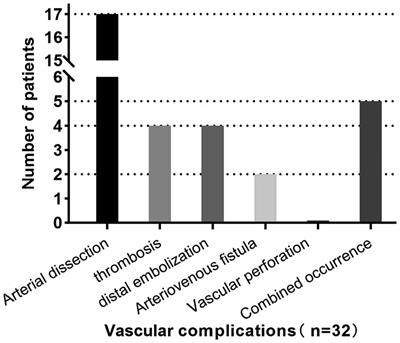
ORIGINAL RESEARCH
Published on 15 Feb 2024

ORIGINAL RESEARCH
Published on 18 Jan 2024
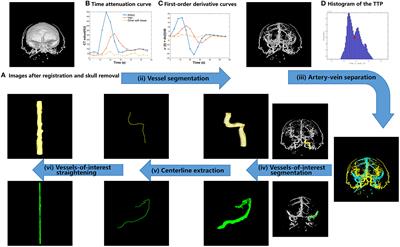
ORIGINAL RESEARCH
Published on 18 Dec 2023
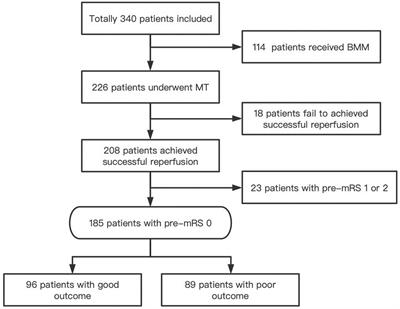
BRIEF RESEARCH REPORT
Published on 15 Sep 2023
